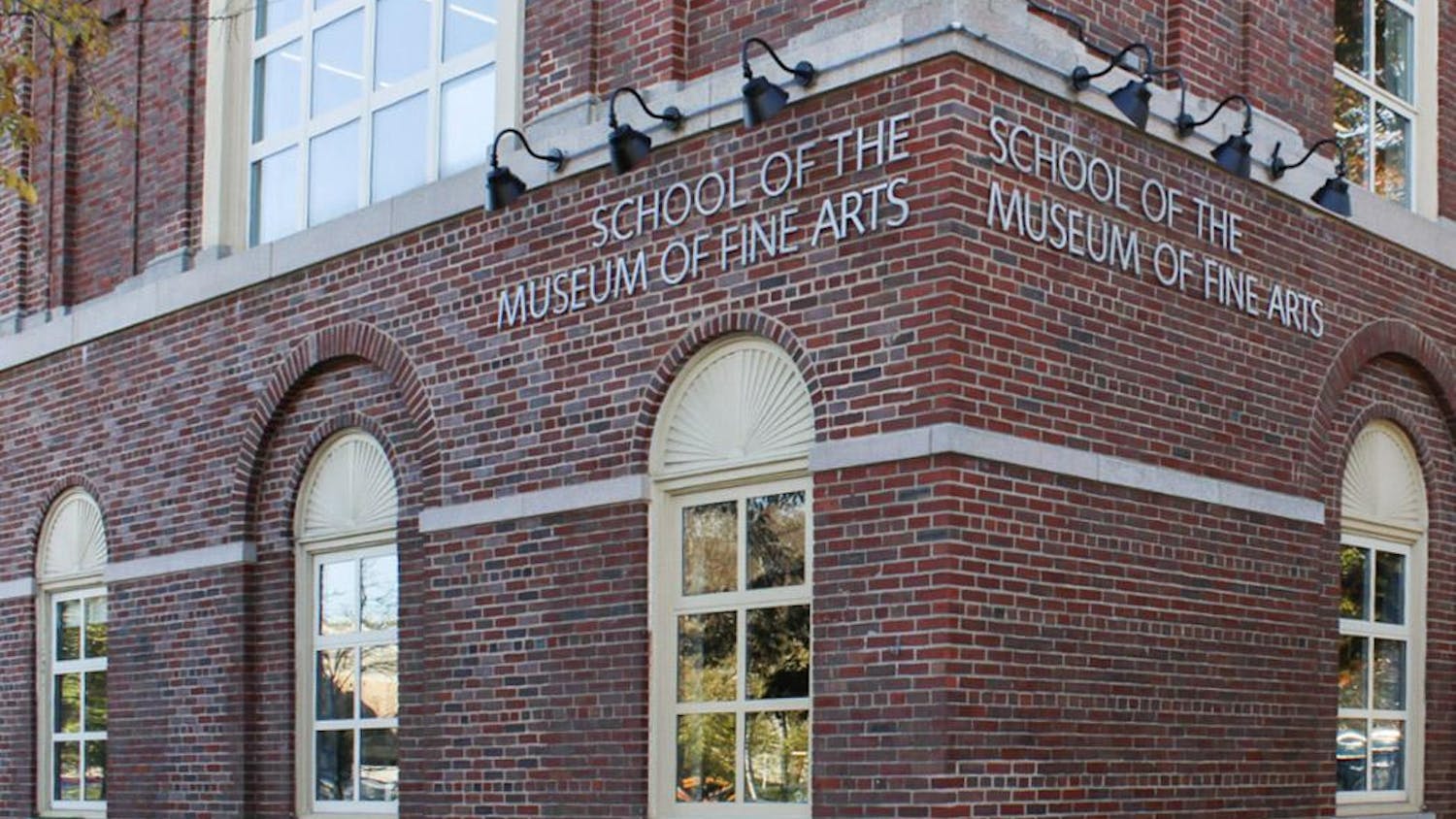This year, in an attempt to make the transition to graduate school more seamless, a pair of master’s students at Tufts’ Eliot-Pearson Department of Child Study and Human Development are implementing a new mentorship program that pairs first-year master’s and Ph.D. students with a more experienced student mentor.
According to Nick Woolf, co-president of Eliot-Pearson’s Graduate Student Association (GSA), the program pairs first-year master’s students with a second-year master’s student who acts as a peer mentor.
Jessica Somogie, co-president of GSA, first brought up the possibility of this program over the summer. She saw the benefit of matching first-year graduate students with a mentor based on similar personalities and academic interests, among other factors.
Rachel Milah,a second-year master’s student and a mentor in the program, echoed this sentiment. According to Milah, not only are students matched based on academic similarities, but also on their extra-curricular interests.
“[My mentee] and I are both kind of bubbly and excitable people,” Milah said. “It seemed like there was definitely a personality match there.”
According to Somogie, the mentorship program would give first-year graduate students a person with whom they can ask general questions and talk about classes.
“Having this emotional support in addition to being a graduate student is really important,” Somogie said. “I feel like in order to feel like you’re able to succeed, you need to have that emotional support.”
According to Woolf, the program is helpful in making sure first-year graduate students are both comfortable in their new environment and are put in a position to succeed in their education.
“You’re building a strong relationship with someone who has kind of been in your shoes,” Woolf said. “And it gives you ideally that kind of sense of psychological safety where maybe you don’t feel comfortable asking a classmate the question or asking your teacher questions.”
Libby Hunt, a first-year graduate student and mentee in the program, said that the perspective of another, more experienced student can be useful to incoming first-year graduate students when it comes to acclimating to a new environment.
“It's helpful to have somebody who is already in the midst of it or has already gone through the things that you're going through now,” Hunt said.
The benefits of this mentorship program go beyond a graduate student’s time at Tufts, according to Woolf. They include a future platform for networking and someone from whom to seek career advice.
Furthermore, this mentorship program is not just helpful for the incoming first-year mentee, Woolf said; a mentor can also benefit from participating in this program.
For example, according to Woolf, a mentor that recommended a mentee carve more time out of their schedule for self-care, planning or exercising might end up spending more time on these activities themselves.
“I think just the act of helping someone else forces you to be introspective and reflective on your own growth in your own rituals that are helping you to be productive and healthy,” Woolf said.
Milah experienced this benefit of mentoring a student firsthand. She gives her mentee credit for helping to widen her perspective.
“In addition to me kind of supporting her and telling her about my experience last year, she's been able to just give me a different side of things and to [tell me] what she's going through with different professors,” Milah said. “I really like the connection that I have with her. I do feel like we're both learning from each other and becoming friends too.”
Since graduate students come from a number of backgrounds, from straight out of undergraduate school to a career or otherwise, the program is designed to include everyone entering the graduate programs at Eliot-Pearson, regardless of their background.
Somogie and Woolf see a future at Tufts where this direct and more involved mentorship can take hold within the undergraduate schools, especially with incoming first-year graduate students.
“I think it would work really well for freshmen coming in so that they would come in having someone to go get dinner with,” Somogie said. “It’s not someone necessarily that needs to do every single thing with you but at least you have someone committed to it.”
Hunt also sees a mentorship program of this kind working well with first-year graduate students. She noted the academic benefits of pairing a first-year graduate students with an upperclassman to create that same mentor/mentee relationship featured at Eliot-Pearson.
“On an undergraduate level, it would be really helpful to have a sophomore or junior or senior who's going through, or who's already gone through the things that you're encountering for the first time,” Hunt said.
According to Woolf, the first step would be to extend the mentorship program to the undergraduates studying child studies and human development, but the ultimate goal is to make it a university-wide program.
Ultimately, both Woolf and Somogie expressed high hopes for the future of this program.
“I think [mentorship programs] can be really impactful, both for the mentor and the mentee helping with professional development with personal growth,” Woolf said.
Hunt agrees, and she is hopeful that both she and her mentor will continue to be helpful to one another once they leave Tufts.
“Hopefully we will continue to just be good resources for each other as we both leave graduate school and enter the job force,” Hunt said.
Eliot-Pearson implements mentorship program for first-year graduate students

Eliot-Pearson Children's School covered in snow is pictured on March 8, 2018.





